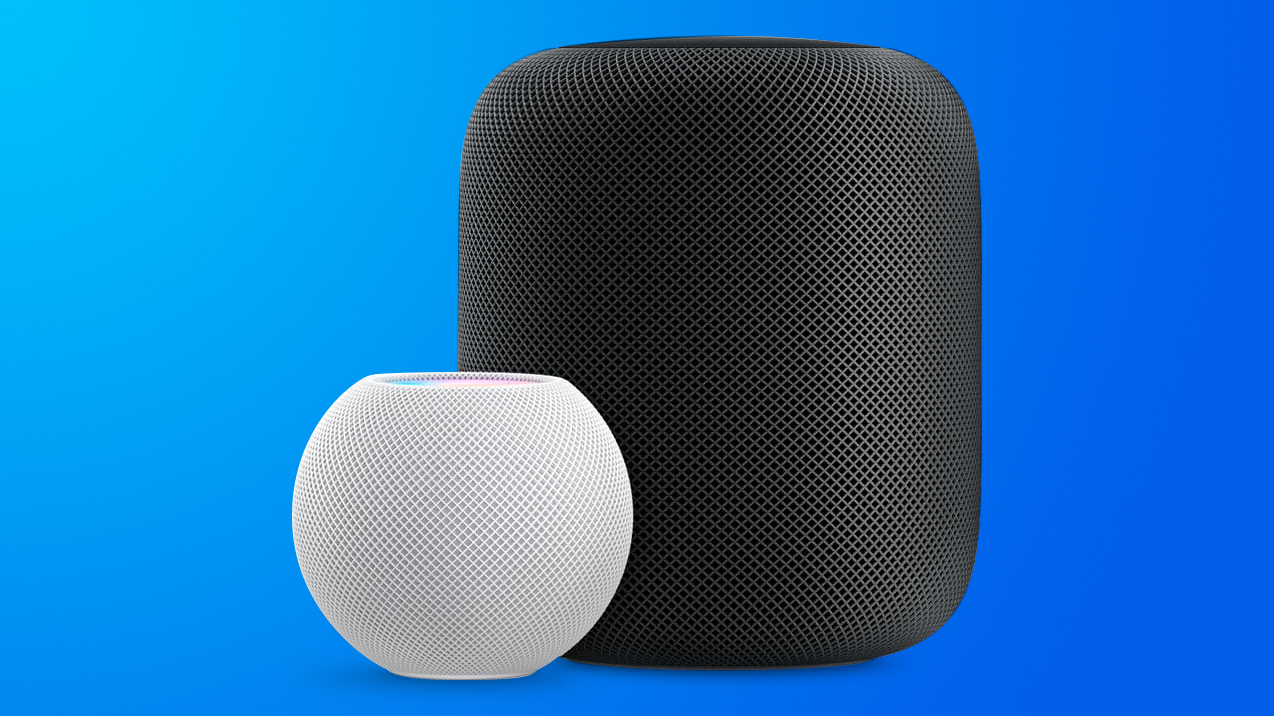
A new report from Canalys has forecasted the global smart speaker market for next year, projecting that it will reach 163 million units, a growth of 21 percent.

Mainland China is expected to be the main market for smart speakers next year with a growth of 16 percent. The rest of the market is expected to grow by just three percent. In spite of this, 2021 is believed to be a much stronger year for smart speakers due to increased demand, as well as improved products and availability.
HomePod mini is presumed to pose a challenge to incumbent smart speakers, although Canalys Research Manager Jason Low says that the new device may yet face some challenges.
Apple still has much to prove to attract users, especially as the HomePod mini is up against other new US$99 devices, which are larger in size and with assistants perceived to be smarter. Apple must deliver its acclaimed premium user experience by leveraging its proprietary ecosystem of hardware, software and services. The HomePod mini would give its competitors a run for their money if the sound quality proves to be better despite its smaller size, and if the UWB and Intercom features work seamlessly for users.
It is also notable that Apple will be the only global platform vendor selling hardware and services within China.
"The US$99 (approximately CYN700) price segment is pretty much a no-mans-land in China, yet adequate to appeal to Apple’s user-base. Apple should take this opportunity to drive the uptake of its music and other services consumed at home," said Canalys Research Analyst Cynthia Chen.
The global smart speaker installed base is forecast to reach 640 million units by 2024, which Canalys says is "paving the way for the ambient computing paradigm shift."
Article Link: Canalys: Apple 'Still Has Much to Prove' With HomePod Mini in Crowded Smart Speaker Market


